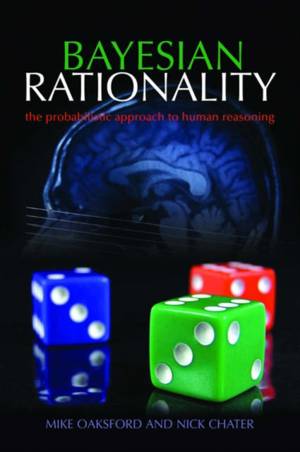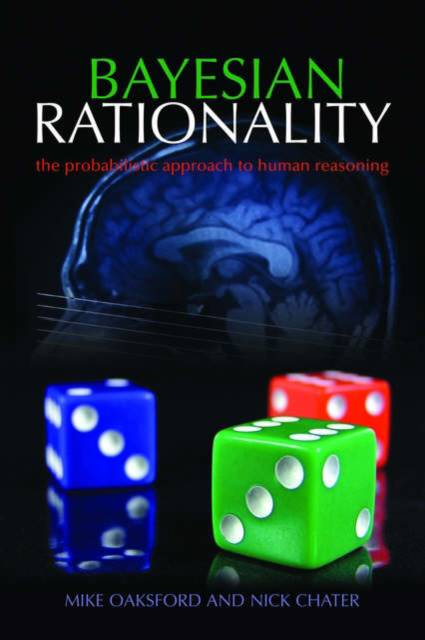
- Retrait gratuit dans votre magasin Club
- 7.000.000 titres dans notre catalogue
- Payer en toute sécurité
- Toujours un magasin près de chez vous
- Retrait gratuit dans votre magasin Club
- 7.000.0000 titres dans notre catalogue
- Payer en toute sécurité
- Toujours un magasin près de chez vous
193,45 €
+ 386 points
Format
Description
Are people rational? This question was central to Greek thought; and has been at the heart of psychology, philosophy, rational choice in social sciences, and probabilistic approaches to artificial intelligence. This book provides a radical re-appraisal of conventional wisdom in the psychology of reasoning. For almost two and a half thousand years, the Western conception of what it is to be a human being has been dominated by the idea that the mind is the seat of reason - humans are, almost by definition, the rational animal. From Aristotle to the present day, rationality has been explained by comparison to systems of logic, which distinguish valid (i.e., rationally justified) from invalid arguments. Within psychology and cognitive science, such a logicist conception of the mind was adopted wholeheartedly from Piaget onwards. Simultaneous with the construction of the logicist program in cognition, other researchers found that people appeared surprisingly and systematically illogical in some experiments. Proposals within the logicist paradigm suggested that these were mere performance errors, although in some reasoning tasks only as few as 5% of people's reasoning was logically correct. In this book a more radical suggestion for explaining these puzzling aspects of human reasoning is put forward: the Western conception of the mind as a logical system is flawed at the very outset. The human mind is primarily concerned with practical action in the face of a profoundly complex and uncertain world. Oaksford and Chater argue that cognition should be understood in terms of probability theory, the calculus of uncertain reasoning, rather than in terms of logic, the calculus of certain reasoning. Thus, the logical mind should be replaced by the probabilistic mind - people may possess not logical rationality, but Bayesian rationality.
Spécifications
Parties prenantes
- Auteur(s) :
- Editeur:
Contenu
- Nombre de pages :
- 352
- Langue:
- Anglais
- Collection :
Caractéristiques
- EAN:
- 9780198524496
- Date de parution :
- 03-05-07
- Format:
- Livre broché
- Format numérique:
- Trade paperback (VS)
- Dimensions :
- 158 mm x 232 mm
- Poids :
- 548 g

Les avis
Nous publions uniquement les avis qui respectent les conditions requises. Consultez nos conditions pour les avis.






